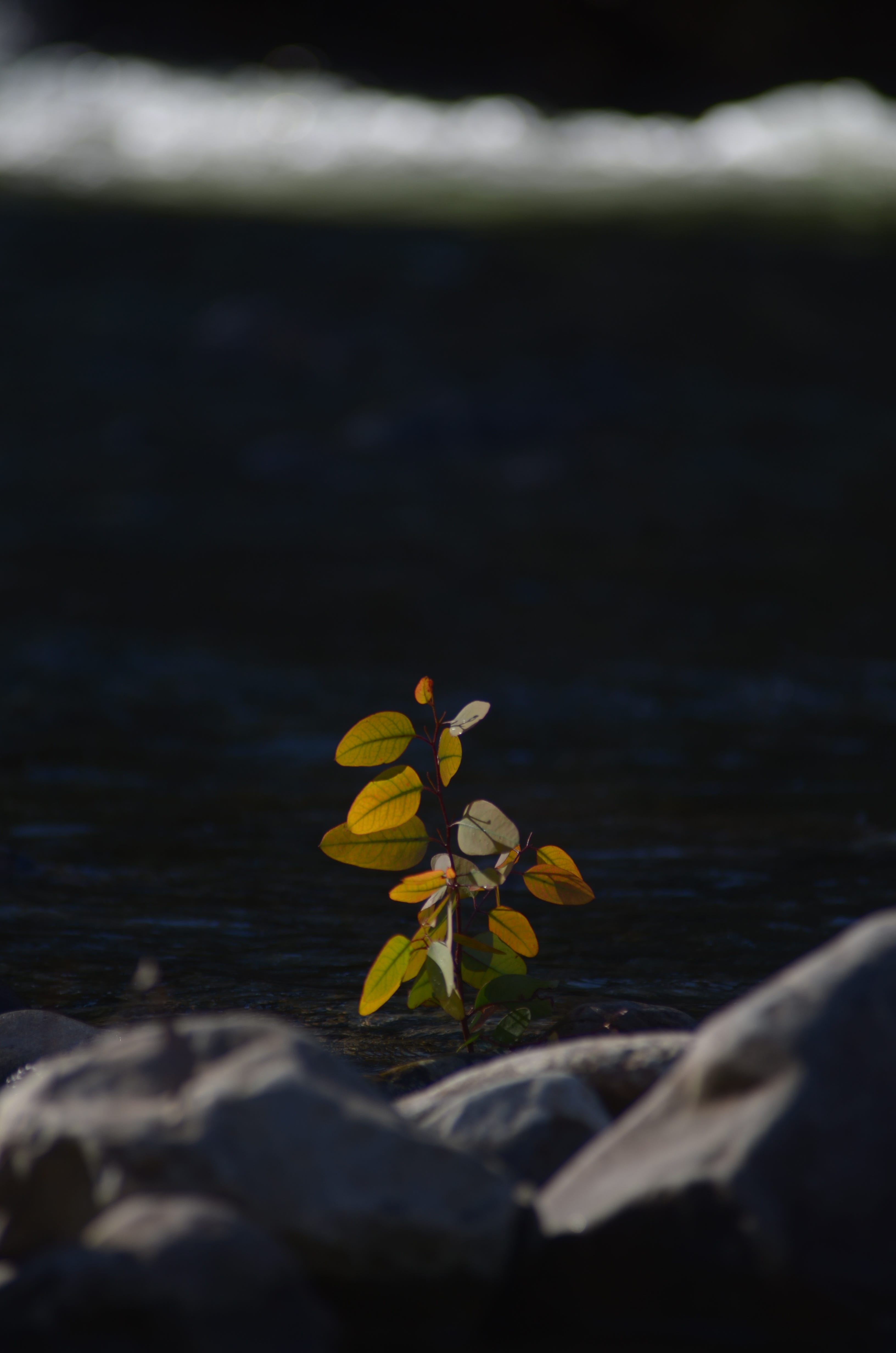Commended - Senior section
Elizabeth College
The door creaks open, crying out for maintenance after decades of work. A short man steps out into the sunlight. The bright summer light glistens off his buckle, highlighting the trusty belt keeping his trousers up. Breathing in the warm Tasmanian air, a strange mixture of leaves, brick and diesel, Nick gazes upon the four patches of dirt that lie before him. Each square is a relic of tradition and practice, filled to the brim with vegetables of all kinds. His pride and joy are the lettuces. But it’s not the beans, the lettuce, nor the cabbage that he gazes upon today. No, today his gaze locks on one empty plot. Its battle-hardened soil challenges him to raise some greenery. That small patch of soil is unaware that it’s challenging centuries of Italian agricultural tradition, channelled through one wrinkly, balding man.
Nick turns toward the old fridge he stores under the overhang that houses the kitchen, dodging the damp underwear and trousers strung up in the sun. From the fridge he pulls out an old cap labelled with a golf tournament lost to time, as well as a pair of dirty, worn gloves and a shovel. His nieces and nephews always question the fridge. The way they see it, it’s a waste of a perfectly good fridge. Why doesn’t he use the chest-of-drawers next to it? Or the gondola where he keeps so much of his other equipment? Nick’s answer is always the same: tradition. From the lowest shelf, Nick selects a pack of seeds. Tomato Seeds. He always looks forward to this time of year. Tomato season. That small window of early summer, a timing that has been perfected by himself and his family over the years. Next on the list is a watering can. In his youth he would have skipped over to the gondola, but those days are behind him. Years of uncertainty, poverty and war lie in Nick’s past. But to Nick, they are just that: in the past. What matters now resides in Nick’s palm, the ovular seeds promising a brighter future full of ripe red tomatoes.
Brushing past the beans, their pods nearly bursting with the promise of what’s inside, Nick approaches the empty plot. Armed with his watering can, shovel, and the seed packet in his pocket, Nick stands ready, akin to a soldier ready for war. But the war that he is about to fight is unlike the one that he grew up in. This battle is fought every year by the same combatants. A cultivation crusade. His attack begins with the watering can, the shadows of its contents revealed by the sun’s magnificent rays. He works slowly, dampening all the soil in the square. Nick is almost methodical as he does this. Decades of instinct guide his hands around the plot, like a mother guiding her child. Mother instinct continues her teachings even after the square has been wet, showing Nick where to indent the soil. The brown earth, now weakened from the downpour, breaks with ease as Nick pierces it with the rusty shovel. He toils away. The passing of time does not bother him. His bones however, much like the door he emerged from, creak from the effort. The limits of his elderly frame are finally showing. Regardless of the protests from his body, he presses on carving divots into the hard flat surface of the plot. Taking a step back, Nick admires his work. He has civilised the dirt; turned it from a dry, unforgiving wasteland to a pleasing, fertile plot, inviting him to raise a plant in its tender embrace.
However, Nick does not take this opportunity to relax. Time spent doing nothing is time lost. For a man with 90 years behind him, Nick is aware that he needs all the time he can get. Returning to his prepared plot, producing the packet from his pocket, Nick hovers over one divot in the soil. Tearing open the pack he holds the seeds with an unforeseen gentleness, reminding him of the day he first held his daughter. The joy he felt on that day is evoked by the little seeds he now holds. Like his daughter, these seeds would bring him such joy and pride. He goes by every hole, carefully placing a few seeds in each before covering them over with the brown blanket of damp soil. They are like surrogate children that he will cherish and tend to for the next month.
Nevertheless, his shift is not finished. There is one more job that requires fulfilling. He marches over to the gondola. It’s faded brick roof suggests it is an old friend of Nick’s. From behind his well-known acquaintance, Nick pulls out a pile of long wooden stakes. Their year-long hibernation is now broken. A huntsman clambers along the top of the stakes but is hastily brushed aside by Nick’s gloved hand. Hauling the sticks over to the plot, he locates his seeds and approaches one. The wooden stakes are plunged into the soil, barely missing the seeds inside. This process is repeated until six rods are sticking out of the ground, an odd sight to those unfamiliar with gardening. But to Nick, this marks the end of his labour. Clocking off, he turns to admire his work. The ever-so-familiar sight of those rods fills him with anticipation, a feeling not felt since last year’s harvest. As he gazes, Nick knows that he is not alone. Somehow, he knows that admiring his work too are his sons and wife, all watching with pride from above the wispy clouds.
And Nick smiles.







